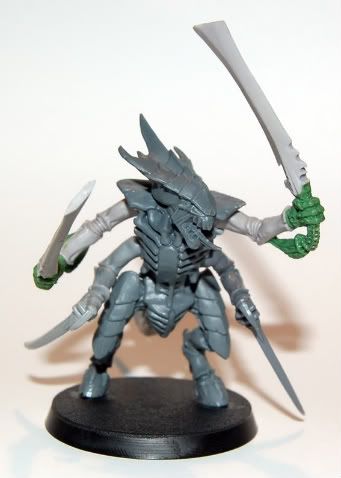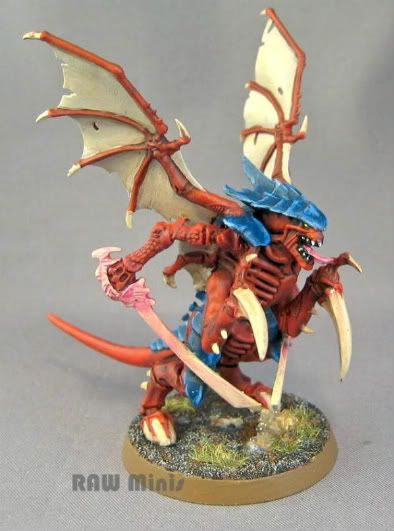Having a blog but nothing to post sort of sucks. So I'm drawing on some material I just submitted to the Astronomicon web magazine. Since homebrew codex's seems to be a DLT specialty they asked me to write an article about the subject. Being a shameful whore for publicity I agreed. The following is the article that will appear in their next edition. It will be followed by a second article where I'll discuss the process of making a homebrew codex, the problems that occur and make a few examples.
The “Homebrew”-
Why on Terra would someone try to write their own “Homebrew” codex? We’ve always been told that such a feat is absolute heresy and should never be attempted by mere mortals. After all if GW can make such horrible codexes what makes anyone believe that a mere hobbyist can write a better one.
That last statement isn’t completely true. GW actually makes very good codexes. The “homebrew” codex could and should never replace an existing codex but it does have its place in the 40K game world. A minor but essential place for the advanced wargame hobbyist.
There are a few occasions when a “homebrew” codex can and should be used as a supplement to existing codexes. The primary reason is when a current codex is so woefully out of date from 3rd edition and is filled with redundant rules, wargear and concepts that it screams for an update. GW is in the process of updating all of their older codex’s but until they complete the process it’s inevitable that some will have to wait. Fluid 40K by the Dice Like Thunder Podcast was an early attempt by hobbyists to use minor revisions to certain rules to bring the older codex up to date with the current rule set. To a large degree it succeeded. Speaking as one of the writers, I’m as pleased with the result as I am to see GW make it redundant with every newly revised codex.
What inspired us to commit such a travesty against the game? While some of the older codex’s may still be competitive (Dark Eldar come to mind) many are simply too aged. Within them you’ll find outdated rules, wargear and codex writing styles. There is also the question of codex consistency, why are there so many different versions of Land Raiders and Force Weapons? Why does a vehicle in one codex cost a certain point value while in another codex the identical vehicle is a completely different point cost? Why does Machine Spirit work differently from one Space Marine codex to another? These codexes may also be so old that codex creep has left it behind and now it’s in drastic need of a redux (like the Necron codex). Many of those older codexes were written with 3rd edition rules and tactics in mind and now what once was an army limitation to maintain balance has become a crippling handicap. An example is the Daemonhunters lack of transport vehicles. Grey Knights are competitively priced in points compared their abilities but to be used effectively in 5 th edition they need to be mounted in a transport. Unfortunately the only transport option for Grey Knights to use the Land Raider which will force a reduction on model count in an already high model point cost army. The reason for that was to deny the “Rhino Rush” tactic that was so popular in 3rd edition from an army with such potent close combat ability. The viability of that old tactic has been significantly reduced but the limitation on the Grey Knights remained.
So if an aged codex is a reason for a player to rewrite a codex and give it a “homebrew” revision, which ones should it apply to? The obvious answer would be any codex that hasn’t been written with the current 5th edition rules. The longer it’s been out of date the more of a justification a homebrew codex writer has. Even the competitive Dark Elder codex should be open to some minor revisions to bring its 3rd edition rules in line with the current 5th edition rules.
But what about the underpowered codex that's weak and uncompetitive? Once again the Necron codex surfaces as a codex that screams for a revision. Other codexes such as the Dark Angels and Daemonhunters could only be helped by a codex revision. This doesn't mean that all older codexes are uncompetitive. Recent tournament results will prove that these older underpowered codexes can and sometimes do win tournaments against the current crop of codexes. While this does lend argument against changing a codex is doesn't prove it. A talented player can win with an underpowered codex vrs a poorly run newer codex. The older codex such as Dark Eldar, Tau, Daemonhunters and Necrons tend to be run by older more veteran players with a bit more skill than the average player. They know how to win with any army. That alone can more than make up for a perceived codex’s lack of power. My own personal counter argument is that no codex should require an inordinate amount of player skill to have a chance of being competitive vrs an opponent of average skill. All codex’s, despite their age, should be balanced in relation to each other.
When determining which codex’s are “underpowered” I would recommend avoiding any individual player’s opinion. Too often that is based completely upon their playing ability and self bias and not the true capability of the codex. A website resource I recommend for this is http://www.gosfordgamers.net/ATR/YTD_Armies.htm . Although its statistics are based upon the tournament results in Australia the army rankings can be applied anywhere. The critical chart is where the armies are listed by their Podium Ratio. Podium Ratio is a comparison of the percentage of times an army places in the top 3 of a tournament divided by the percentage of its appearances in tournaments. A score of 1 would be statistically average. Of the current codex’s only the Eldar achieved that score. The highest scoring army was the Dark Eldar who achieved a podium finish 13 times out of 60 tournament appearances for a podium ratio of 2.49. At the complete opposite were the Dark Angels who achieved a podium finish only once out of 77 tournament appearances for a podium ratio of 0.15. Does that mean that a Dark Elder army is 16+ times more likely to place in the top 3 of a tournament than the Dark Angels? Sadly, the statistics say yes.
A “homebrew” codex should never ever be used to give a player of lesser skill an advantage because they can’t otherwise win. If your codex has a podium ratio that puts it in the bottom tier of winning armies then you may have an excuse to make a “homebrew” codex. If it’s not then you need to learn to play your chosen army better. That statement may sound abrupt and rude but it’s also very true.
But what if the current GW codex library doesn't fulfill a player’s individual thematic taste? With the abundance of quality Black Library fiction it’s natural that players will attempt to build army lists based on what they’re read in the various novels. Any fan of the Gaunts Ghosts series by Dan Abnett will feel the urge to build an Imperial Guard list that accurately represents the look and feel of the army they’ve read about. The problem is that doing so forces a player to give up half of what’s good in the Imperial Guard codex, vehicles. It’s a severe restriction in mobility and firepower that often times leaves an all infantry army lacking. In addition leaving the vehicles on the shelf still leaves an Imperial Guard player with an army that still doesn’t represent the feel of the Tanith 1st.
For the most part I say, “Tough breaks buddy. That’s the army you chose to run so play what you built. Your codex is brand new.” On the other hand I do feel that a few minor revisions could modify the codex to allow an all infantry army to remain competitive and still recapture the look and feel of the fictional Gaunts Ghosts? Allowing Veteran Squads to be taken in IG Infantry platoons will help. That would give them access to the regiments signature camo cloaks and represent the more accurate shooting they are known for.
The same could be said for the Dark Angels Deathwing. While it’s not a crippled list it does seem to fare poorly in comparison to other Space Marine codexes. Many of the Dark Angels wargear upgrades are completely out of date, underpowered or overcosted when compared to the standard Space Marine codex. Would it break the game to allow the Dark Angels to use the wargear rules and upgrade points costs from the Space Marine codex? In light of their tournament results I’d say no.
From a pure fluff perspective all Space Marine chapters have a 1st company Deathwing. Why should the Deathwing concept be limited it to just the Dark Angels? Why not an Ultramarine Deathwing? Aren’t they the ones who fought the Tyranids in the polar fortress during the Battle of Magragge? They exist in all Space Marine Chapters so why not allow all Space Marine players the option of running a legal Deathwing? GW set precedence when they established in the most recent codex that a Captain on a bike would allow Space Marine bikes to be taken as troops. Wouldn’t it also be fair if a Captain in Terminator armor allowed Terminator squads to be taken as troops?
Shouldn’t a Chaos Marine who’s dedicated his life to one of the specific Chaos gods be able to summon Daemons under the influence of that particular Chaos god? To many of the veteran Chaos Marine players the entire concept of a “generic” daemon is absurd. Nothing is generic about chaos. When a Chaos Marine player with an army of Noise Marines summons daemons it just seems far more appropriate to allow him to summon Daemonettes if he’s willing to pay the point cost.
None of these examples are game breaking. All use the established rules and points set out by GW. They shift a few things around a bit between similar codex’s and the FOC but all of it is still found in a legal codex.
So now we’ve got our reason for writing a “homebrew” codex. The last question is, could we do it and make a respectable result? GW is full of professional game designers with years of experience, a budget, hordes of playtesters and background fiction to draw inspiration from. A home hobbyist can’t compete on the same level as GW as an amateur athlete can’t compete with professional athletes in sports. Of course the inability to compete with pro athletes doesn’t stop people from having fun playing a game with their friends at the park. So why should it stop you and I from making a “homebrew” codex for no other reason than pure enjoyment of the 40K hobby.
If the primary issue for you is the fact that you play an old and out of date codex that’s nearly as old as you are then Fluid 40K is a good start. It’s been playtested and revised numerous times and it serves the purpose it was designed to do, update the older codexes to 5th edition rules. We did all the work and playtesting. It’s been updated regularly for the past year to deal with issues that come up and mistakes we’ve made.
Unfortunately Fluid 40K was only designed to address the issue of out of date rules, wargear and rule consistency. It never attempted to address over/under point costed units or wargear. Neither did it make any changes to the force organization chart. We didn’t believe that it was appropriate to address those issues. The beauty of Fluid 40K was its simplicity and limited scope. Like I said before, old and out of date does not mean weak and underpowered. Dark Elder tournament results prove that older codex’s can still be competitive.
Homebrewing a codex for army theme is different. It does break the rules even when held to a minimum by the simple and minor changes in the examples given previously. All of those are perfectly good ideas that are either impossible or uncompetitive with the current codex selection.
I firmly believe that anyone with an active imagination and an idea in mind can come up with a very good army theme and build a balanced “homebrew” codex out of it. It is true that occasionally someone will fall into the trap of making an army with every possible advantage and no applicable weaknesses and label that monstrosity a “homebrew” codex. Unfortunately too many players believe that example is what a “homebrew” is all about and refuse to accept an opponent who uses one. Whatever their reason it is their choice not to accept it. But I would like to encourage everyone for the fun of the game and friendly game play to be willing to accept an opponent with a “homebrew” codex now and then. They can be fun to create and memorable to battle against.
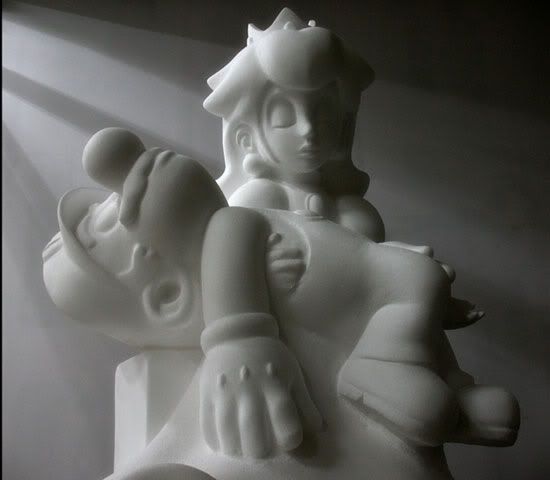

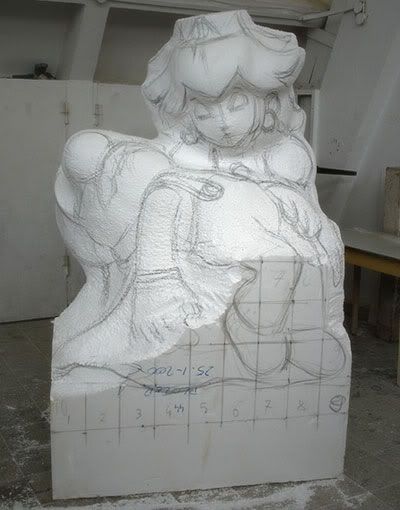



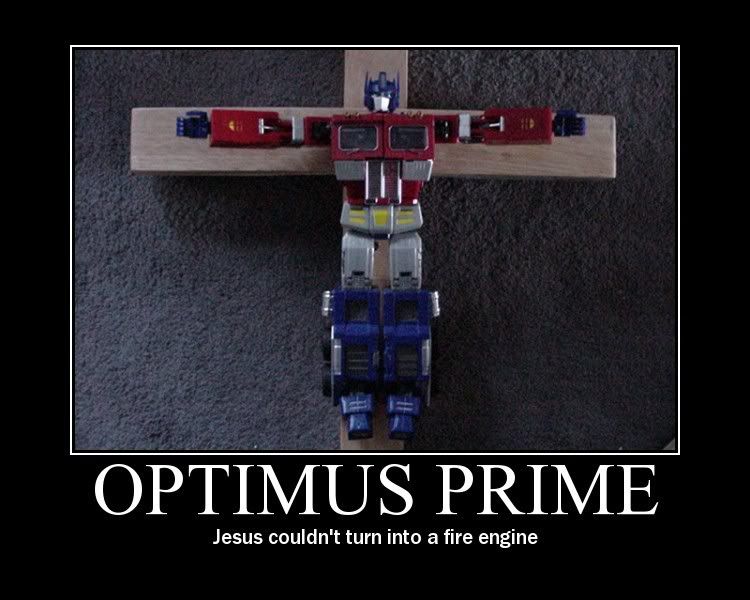

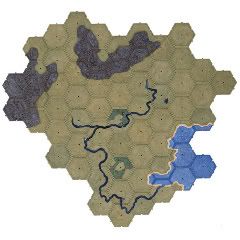 will determine the type of game and mission in subsequent games), and Ladder (A linear series of battles that do not deviate from the original plan). In addition to that limited definition of campaigns are subtypes that deal with other aspects. One is campaign conclusion; Is the campaign open ended, with a specific win condition, or with a planned conclusion? Another is Missions and Objectives; Are the games pre-generated in advance or determined as the campaign progresses? Does the results of one game effect later games? Player participation is also a critical aspect; How many people are in it and can people enter after it has begun? You also need to decide if the army composition is fixed or non-fixed; does the campaign require you to use certain units and keep your army list fixed or can everything vary from one battle to the next? What about a sideboard style where you can have a combo of both types.
will determine the type of game and mission in subsequent games), and Ladder (A linear series of battles that do not deviate from the original plan). In addition to that limited definition of campaigns are subtypes that deal with other aspects. One is campaign conclusion; Is the campaign open ended, with a specific win condition, or with a planned conclusion? Another is Missions and Objectives; Are the games pre-generated in advance or determined as the campaign progresses? Does the results of one game effect later games? Player participation is also a critical aspect; How many people are in it and can people enter after it has begun? You also need to decide if the army composition is fixed or non-fixed; does the campaign require you to use certain units and keep your army list fixed or can everything vary from one battle to the next? What about a sideboard style where you can have a combo of both types.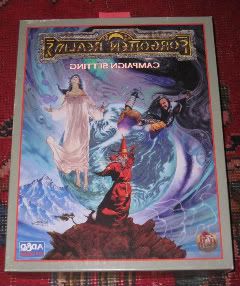 and I can attribute that to being a DM in AD&D. In those types of games a good story line is critical. It is central to the game itself. But if you’ve never written a story line for role playing games then where do you find one? Story lines for campaigns are everywhere if you just look and use a bit of imagination.
and I can attribute that to being a DM in AD&D. In those types of games a good story line is critical. It is central to the game itself. But if you’ve never written a story line for role playing games then where do you find one? Story lines for campaigns are everywhere if you just look and use a bit of imagination. History is another good source for a story line but it may take a bit of work and imagination to convert historical battles to something logical for a wargame deployment and mission. You may have to admit that some historical events and battles would make a boring campaign even if they were critical events in history. Move on to another historical event if they can’t be easily converted. Others, like Sherman’s March to the Sea from the American Civil War, just about writes its self for any campaign type. It’s series of major events and battles can be easily converted to the table top wargame.
History is another good source for a story line but it may take a bit of work and imagination to convert historical battles to something logical for a wargame deployment and mission. You may have to admit that some historical events and battles would make a boring campaign even if they were critical events in history. Move on to another historical event if they can’t be easily converted. Others, like Sherman’s March to the Sea from the American Civil War, just about writes its self for any campaign type. It’s series of major events and battles can be easily converted to the table top wargame.
 six games is ideal for a campaign with a specific ending point. It’s long enough to advance a story arc yet short enough for the players to not lose interest. Coincidentally most comic book series are about that long too. I admit that some comic book series, like campaigns, are much bigger but those tend to be reserved for special characters and situations.
six games is ideal for a campaign with a specific ending point. It’s long enough to advance a story arc yet short enough for the players to not lose interest. Coincidentally most comic book series are about that long too. I admit that some comic book series, like campaigns, are much bigger but those tend to be reserved for special characters and situations.
